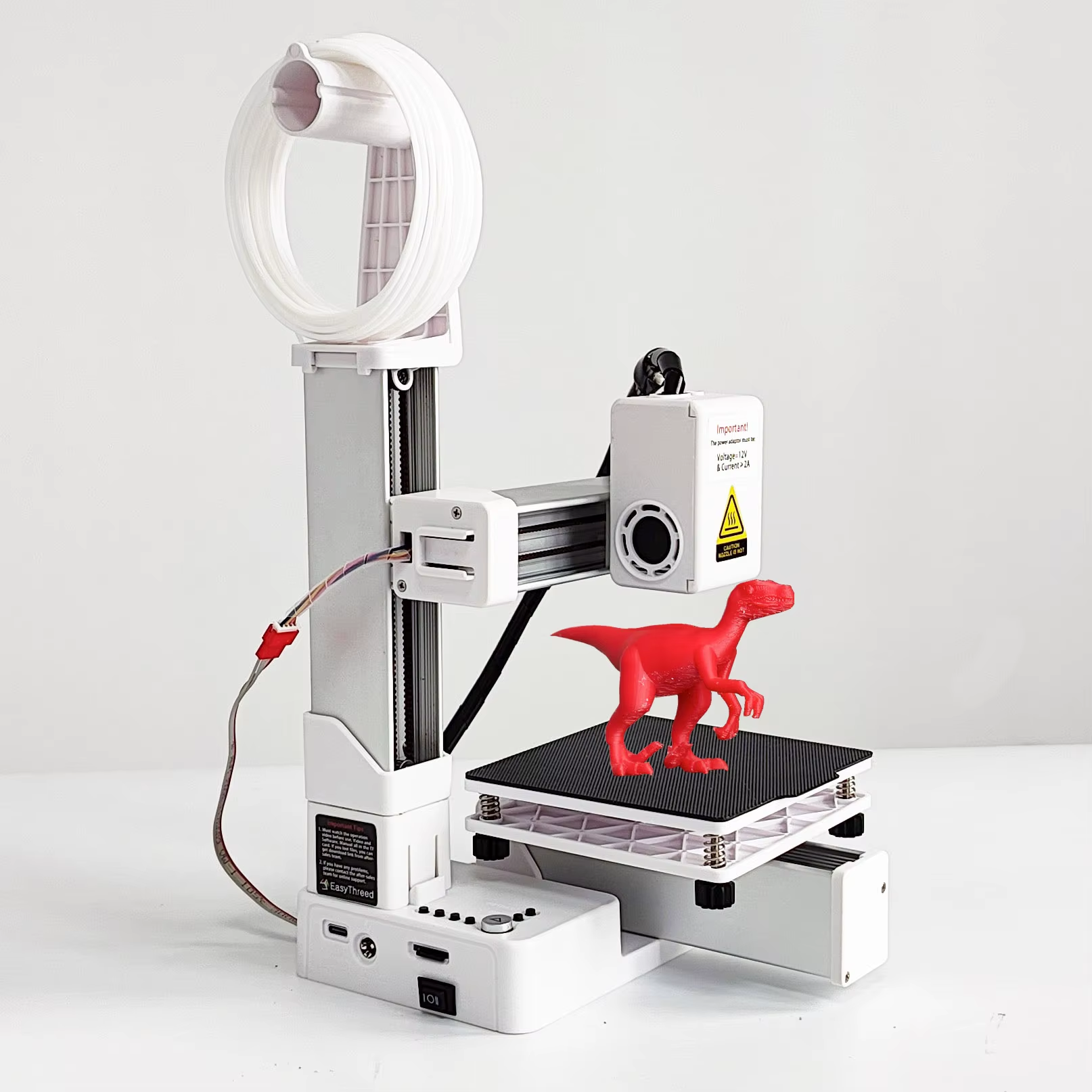Datavault AI, a leading player in the field of artificial intelligence and data science, recently participated in Maxim Group’s Tech Conference, where they delved into the future of quantum computing. The conference, which brought together some of the brightest minds in the tech industry, provided a platform for Datavault AI to share their insights and predictions about this revolutionary technology.
Quantum computing, a concept that has been around for several decades, is now on the cusp of becoming a reality. Unlike classical computers that use bits as their most basic unit of data, quantum computers use quantum bits, or qubits. These qubits can exist in multiple states at once, a phenomenon known as superposition. This allows quantum computers to process a vast number of possibilities simultaneously, potentially solving complex problems much faster than classical computers.
Datavault AI, in their presentation, emphasized the transformative potential of quantum computing. They highlighted how this technology could revolutionize various sectors, including finance, healthcare, and cybersecurity. For instance, in finance, quantum computing could optimize portfolio management by quickly calculating the best possible combinations of investments. In healthcare, it could enable the discovery of new drugs by simulating and analyzing complex molecular structures. In cybersecurity, quantum computers could crack encryption codes that are currently considered unbreakable, necessitating the development of new, quantum-resistant encryption methods.
However, Datavault AI also pointed out the challenges that lie ahead in the path of quantum computing. One of the most significant hurdles is the issue of quantum decoherence. Quantum states are extremely fragile, and any interaction with the outside environment can cause the qubits to lose their quantum properties, a process known as decoherence. This makes it incredibly difficult to maintain a stable quantum state long enough to perform meaningful computations.
Another challenge is the scalability of quantum computers. Currently, the largest quantum computers have only a few dozen qubits. To realize the full potential of quantum computing, we need to build machines with thousands, or even millions, of qubits. This requires overcoming numerous technical obstacles, including finding ways to correct errors in quantum computations, which is much more difficult than in classical computing due to the peculiar properties of qubits.
Despite these challenges, Datavault AI expressed optimism about the future of quantum computing. They noted that significant progress has been made in recent years, with tech giants like Google and IBM investing heavily in quantum research and development. They also highlighted the role of AI in accelerating the advancement of quantum computing. Machine learning algorithms can be used to optimize quantum circuits, design new quantum algorithms, and even correct errors in quantum computations.
In conclusion, Datavault AI’s presentation at Maxim Group’s Tech Conference offered a comprehensive overview of the future of quantum computing. While acknowledging the challenges that lie ahead, they underscored the immense potential of this technology to transform various sectors. As we stand on the brink of a quantum revolution, it is clear that companies like Datavault AI will play a crucial role in shaping this exciting future.




